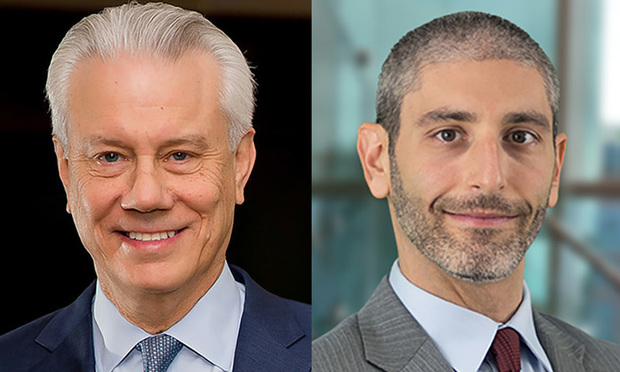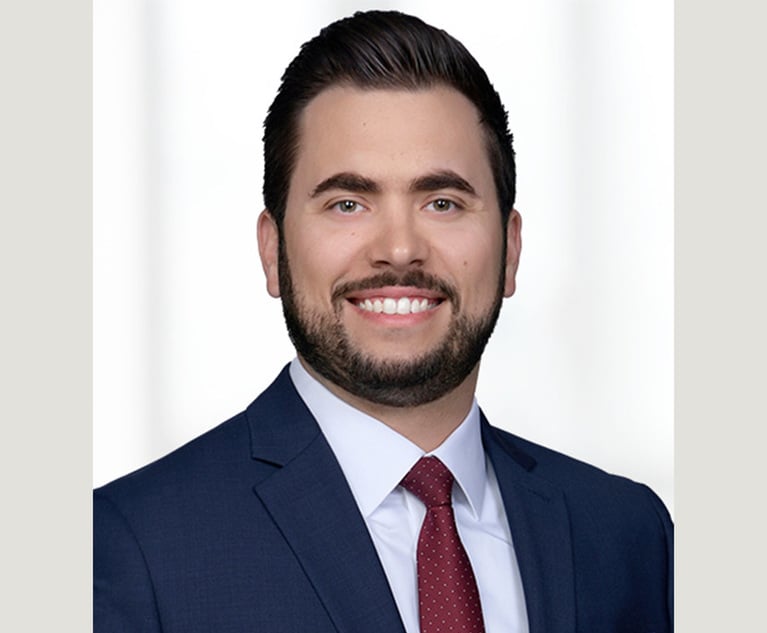The attorney-client privilege is one of the oldest privileges in the law. The privilege started out as a common law right but has since been codified in the Florida Evidence Code. As a general matter, the privilege protects private conversations between attorneys and their clients. But just because a conversation involves an attorney does not mean the conversation is automatically privileged.
Florida Statute Section 90.502 grants a client the “privilege to refuse to disclose, and to prevent any other person from disclosing, the contents of confidential communications when such other person learned of the communications because they were made in the rendition of legal services to the client.” To satisfy the privilege, therefore, three requirements must be met: there must be a communication; the communication must have been intended to remain confidential; and the communication must have been made in the context of obtaining legal advice.


 Allen Levine, left, and Darren Goldman, right, of Becker & Poliakoff. Courtesy photos
Allen Levine, left, and Darren Goldman, right, of Becker & Poliakoff. Courtesy photos




